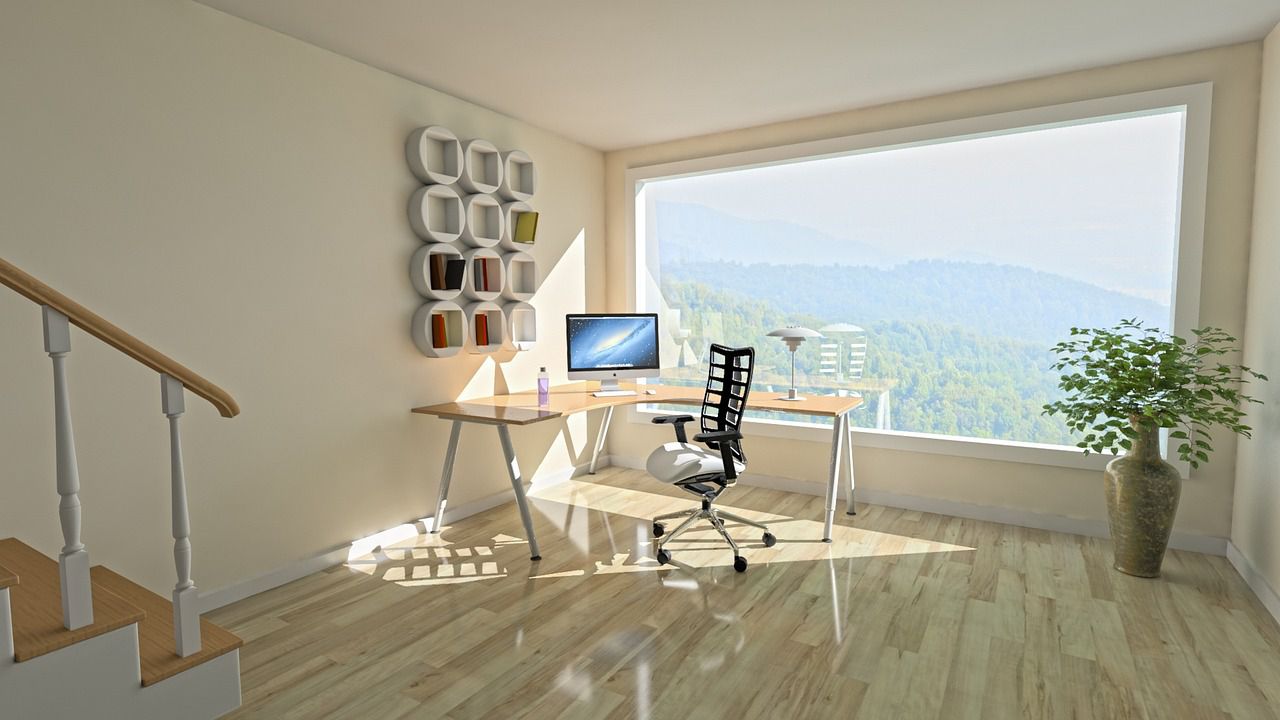Certain types of flooring materials may expose dirt more visibly due to their texture, color, or finish.
While it doesn't mean that you shouldn't use them, you should remember that these types of flooring material require more attention and maintenance.
Here are some factors that can contribute to certain floor types showing dirt more prominently.
Light-colored flooring
Light-colored floors, such as white, beige, or light gray, tend to highlight dirt and stains more readily compared to darker shades.
Even small particles or debris become more visible on a light-colored surface, making the floor appear dirtier.

Smooth and glossy finishes
Flooring with smooth and glossy finishes, such as polished hardwood or high-gloss tiles, can reflect light more effectively.
This reflective property can accentuate dust, footprints, and other dirt particles, making them stand out and making the floor appear dirtier.
Lack of pattern or texture
Floors with a flat or uniform surface lacking patterns or texture can make dirt more noticeable.
Without variations in the surface, dirt has fewer places to hide or blend in, making it more visible to the eye.
Highly textured surfaces
On the other hand, floors with intricate textures, grooves, or embossed patterns can trap dirt within these recessed areas, making it more challenging to clean effectively.
The trapped dirt can accumulate over time and become more apparent, even after regular cleaning efforts.









